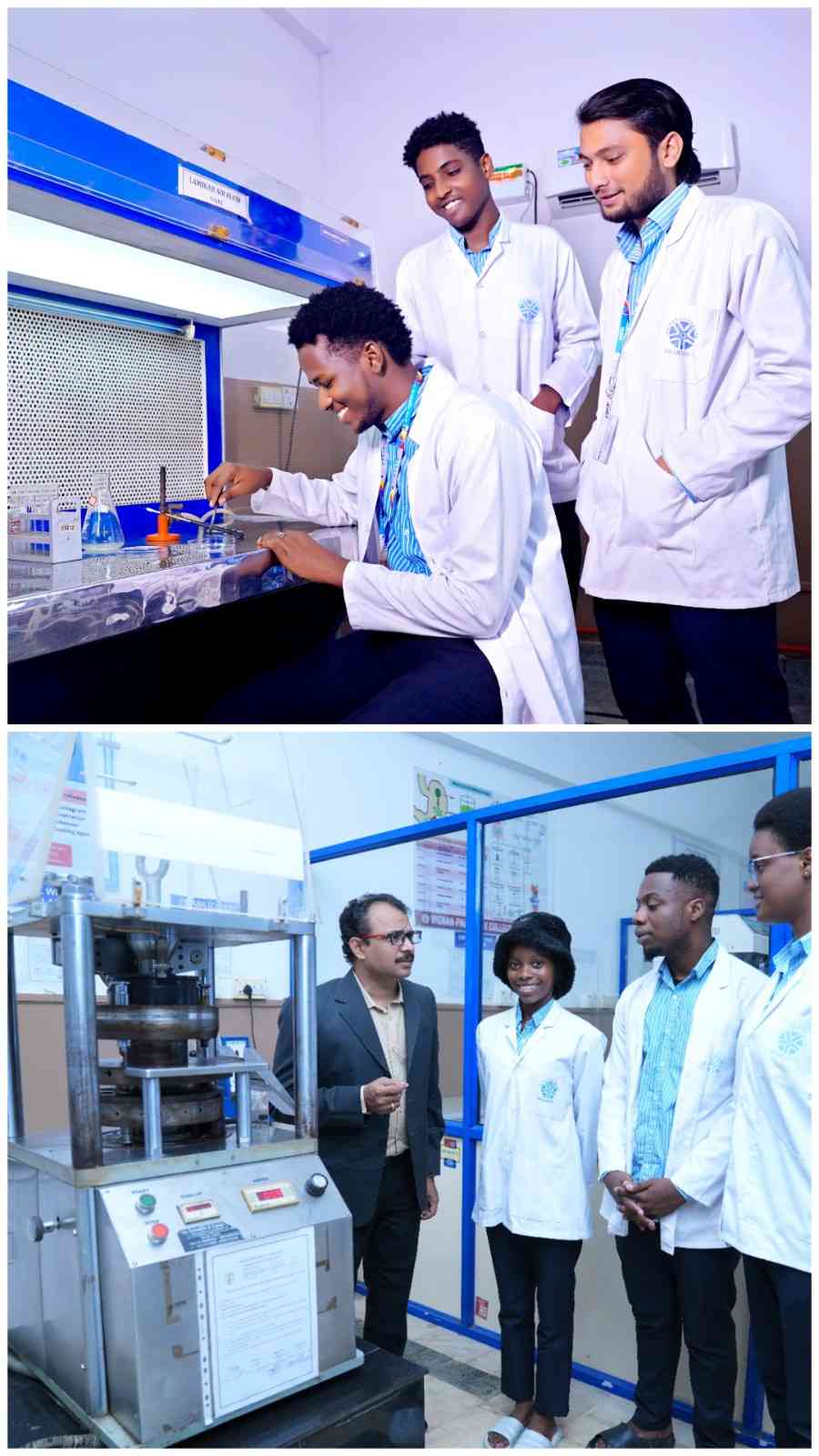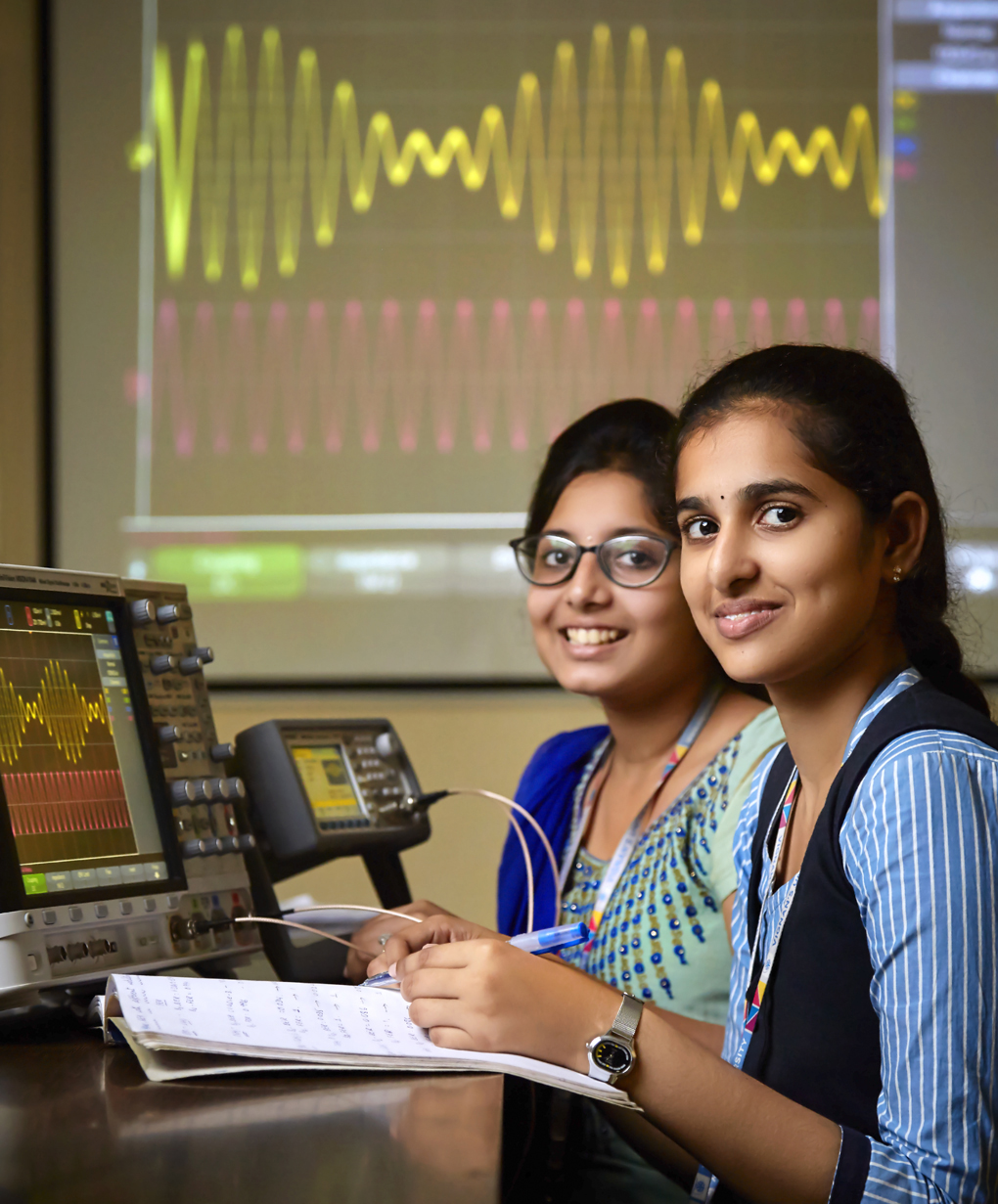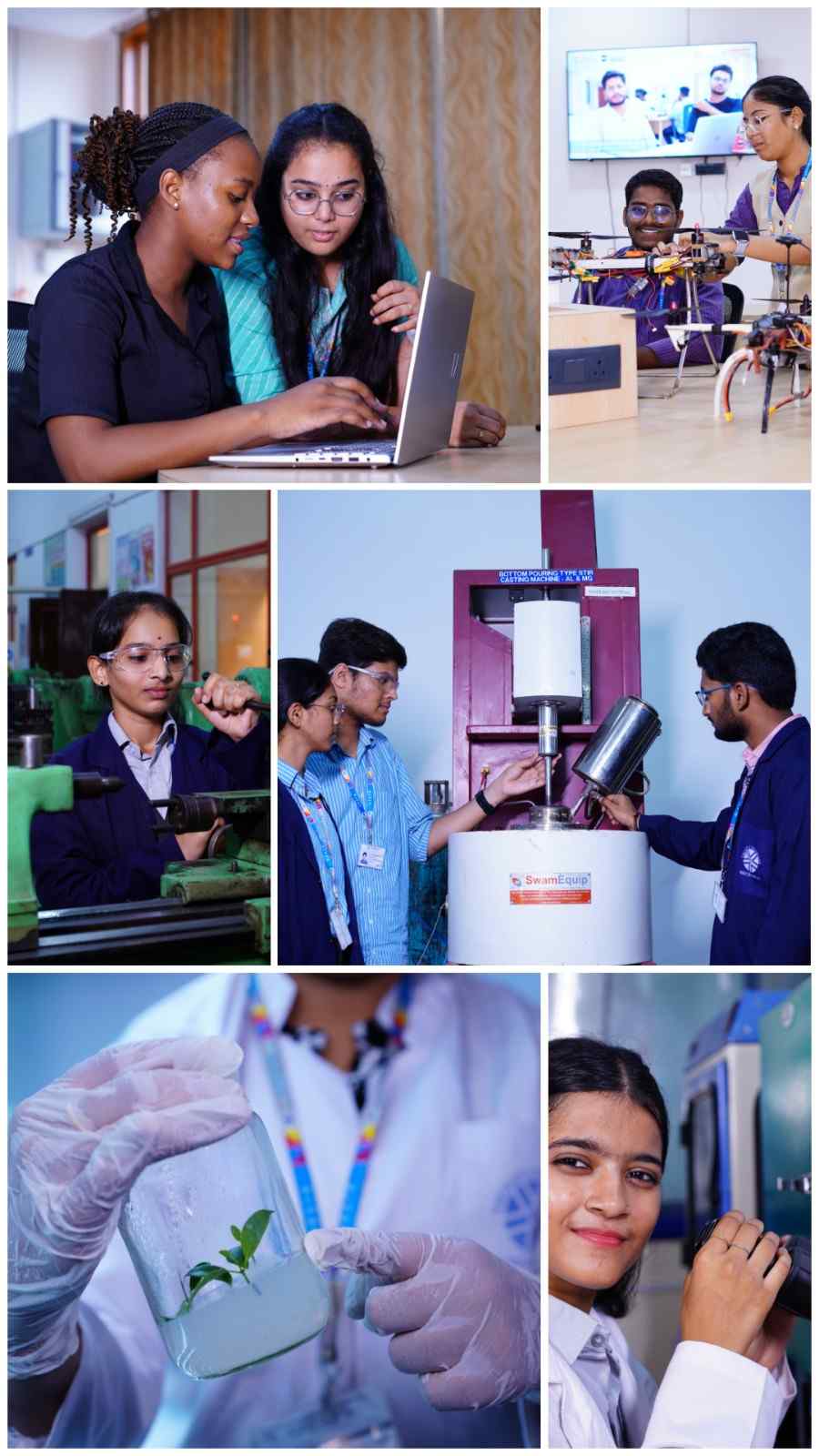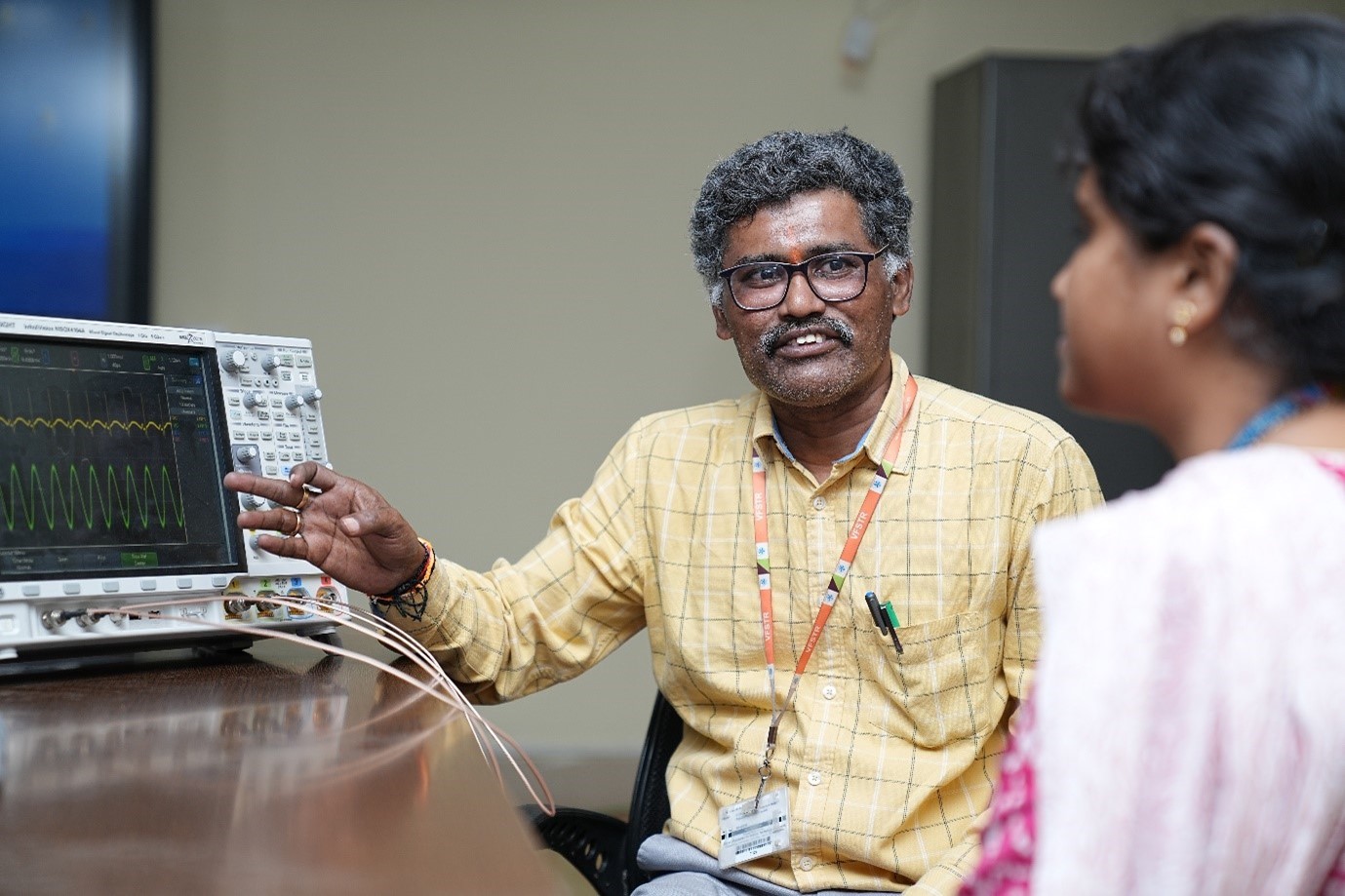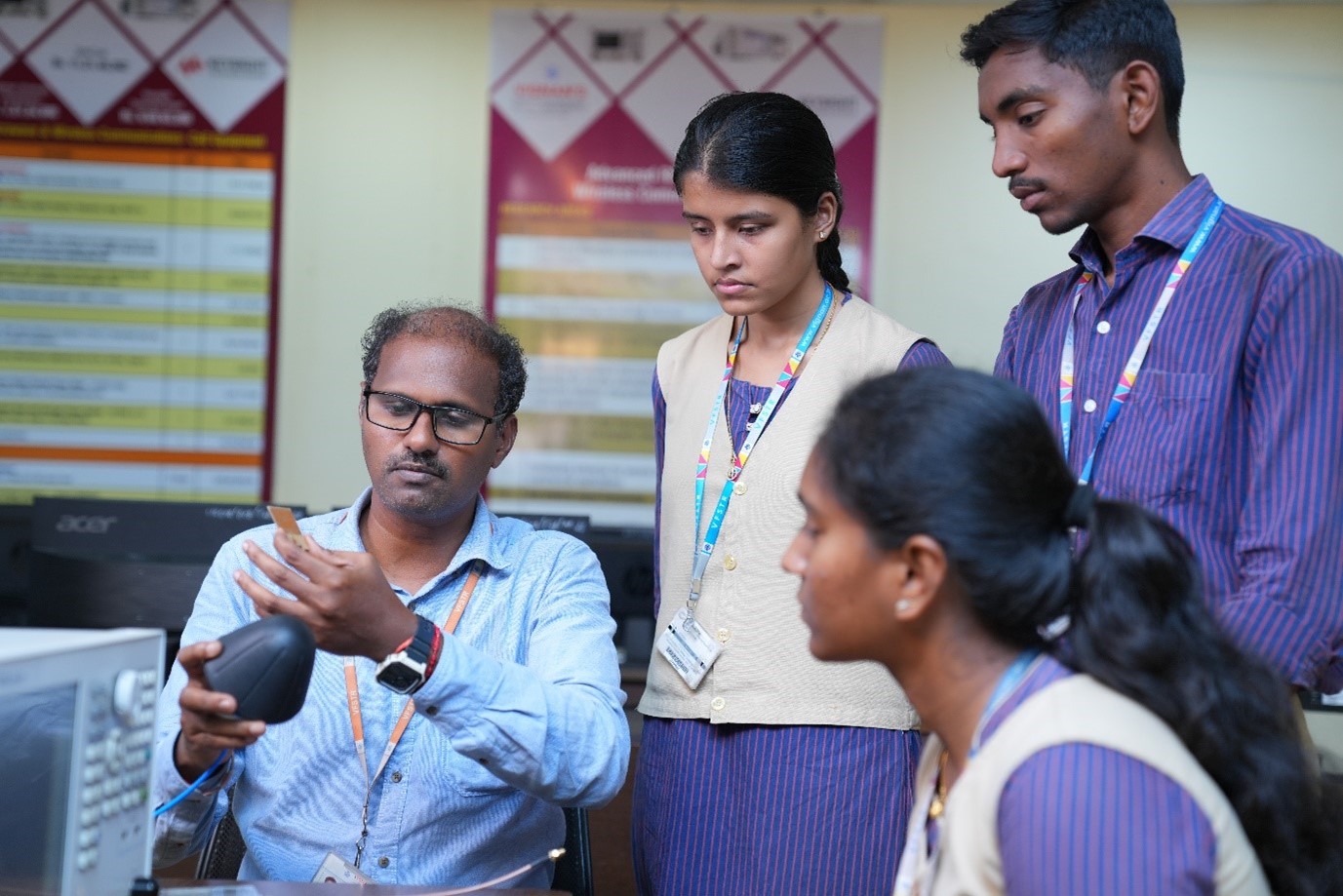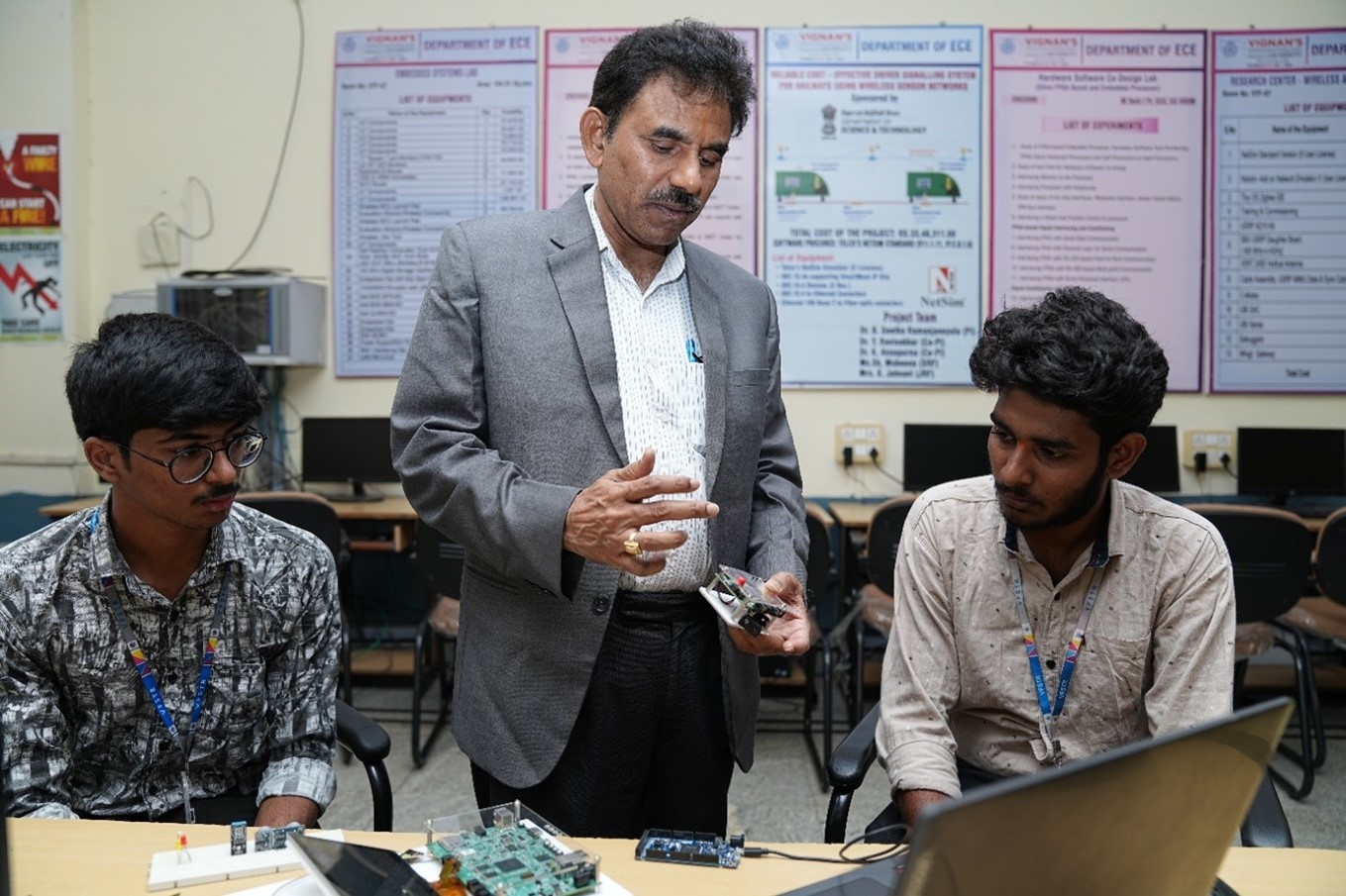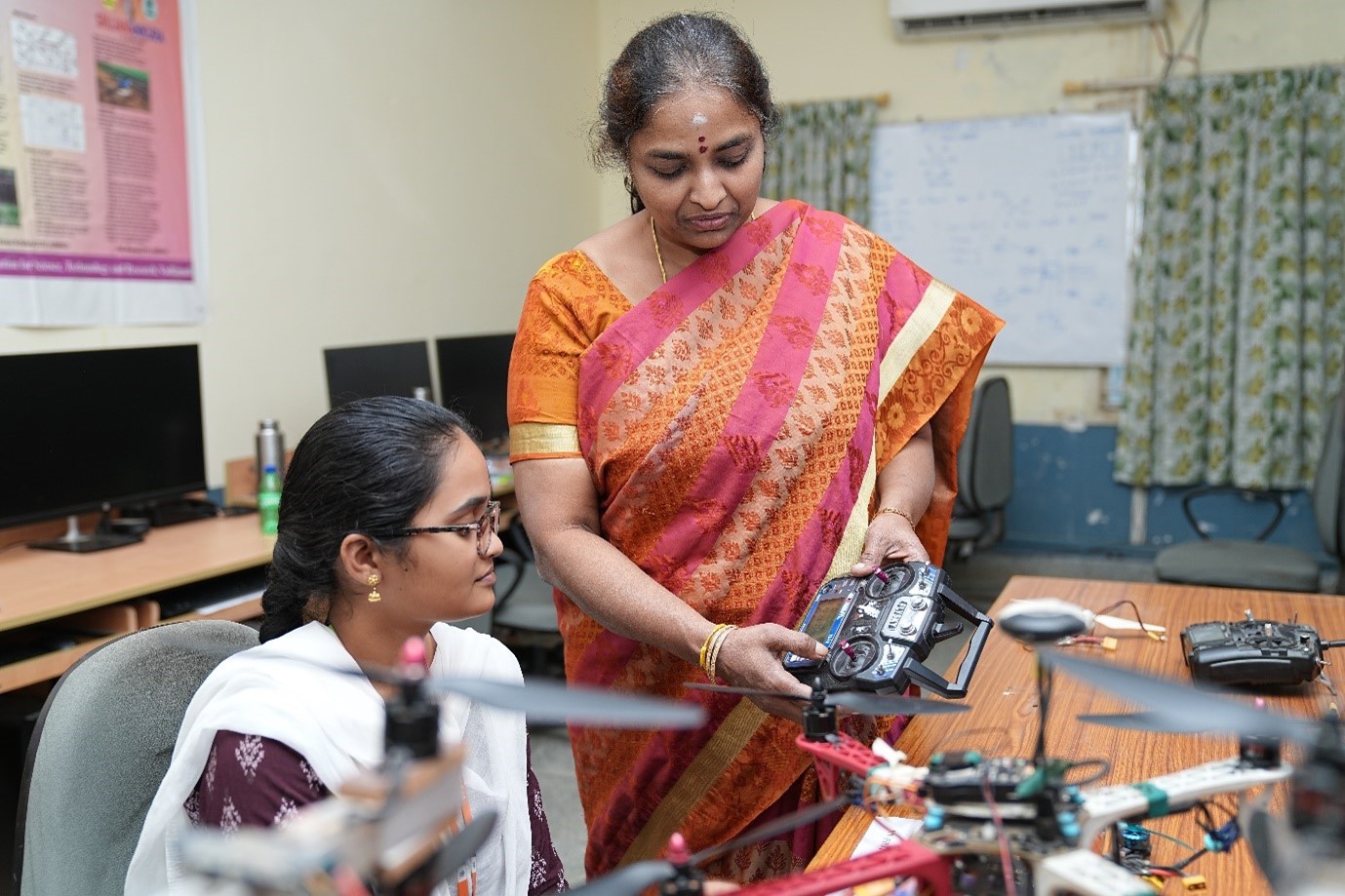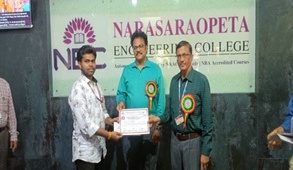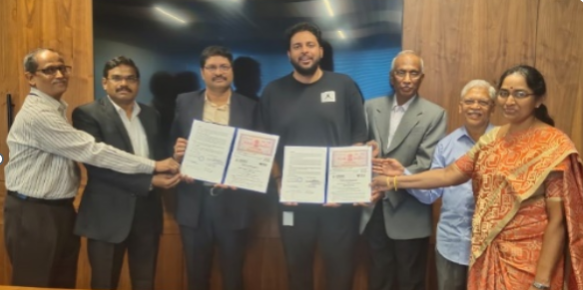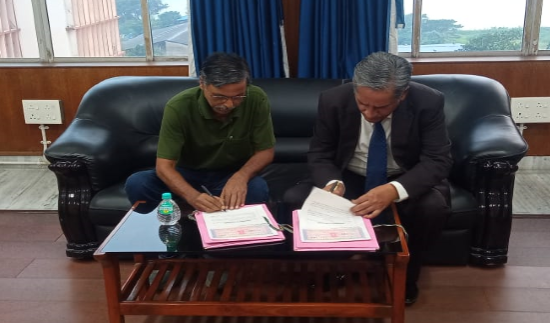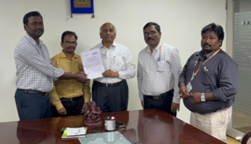During my time at Vignan University, I had the privilege of utilizing the state-of-the-art Microwave Laboratory and the Center of Excellence (CoE-RF) in Antenna Design. These resources were pivotal in shaping my understanding of complex microwave and antenna technologies. The hands-on experience I gained, along with the guidance from faculty, played a significant role in my journey towards becoming a Research Scientist at SAMEER, MIETY, Govt. of India. The well-equipped labs helped me build a strong foundation in areas like high-power antenna design, microwave tube testing, and integration. My work on radar modules for the Indian Army and Air Force during my tenure as a Junior Research Fellow at LRDE, DRDO was greatly influenced by this practical experience. Additionally, I had the opportunity to work with advanced tools such as Optiwave and Lumerical software to design photonics circuits, which culminated in publishing an IEEE paper on 'Photonics Integrated Circuits' in 2024.
The methodology designed to calculate ARIIA metrics considers all major parameters/ indicators used globally to rank education institutions for innovation output. Additionally, ARIIA also measures some parameters which are India specific considering the current scenario and status of higher education in India.
Vignan Institute’s departments like Bio-tech, Food, Agricultural and Engineering Technologies s are part of innovation and startup ecosystem of the institute.




